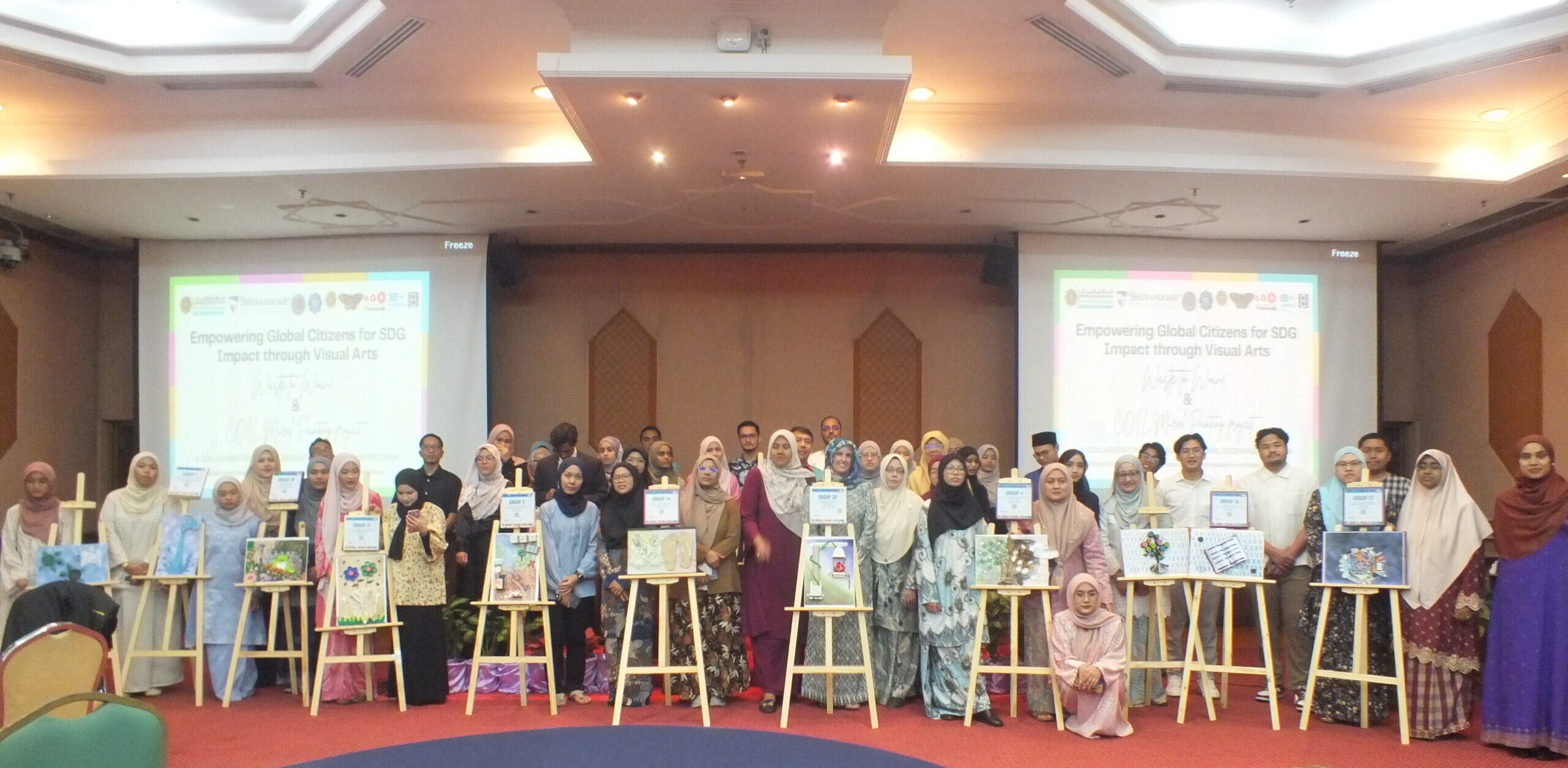By, Ahmad Yasin bin Yahanis
The global demand for halal food is booming. It is not just about religious observance anymore; it is about quality, safety, and trust. Halal food guarantees that what is on your plate meets strict ethical standards, no harmful additives, no unhealthy production methods. For Malaysia, a country with a thriving agricultural sector, the rise in halal food demand presents a tremendous opportunity. And in Perak, one of the country’s most agricultural-rich states, a corporation is quietly leading the charge in halal food production: Perak State Agricultural Development Corporation (SADC).
What is Halal Agriculture, Really?
To understand why halal food is in such demand, it is important to know what makes it unique. Halal agriculture goes beyond simply following religious guidelines; it’s about ensuring food is produced with integrity. From the way animals are raised and slaughtered to how crops are cultivated, everything must comply with Islamic dietary laws.
Perak SADC: Pioneering Halal Agriculture in Malaysia
Perak’s role in halal agriculture cannot be underestimated. Perak SADC is one of the driving forces behind the state’s success in this field. By focusing on high-quality, halal-certified agricultural products, Perak SADC is creating a reputation for itself as a trusted halal supplier.
Perak is home to a wide variety of crops, from tropical fruits like durian, mangoes, and pineapples to palm oil and rubber, and seafood—all of which are in demand both locally and globally. But what sets Perak SADC apart is its commitment to ensuring that everything produced in the state adheres to the strict halal certification standards.This process is far from simple.
Halal certification requires an in-depth inspection of farming practices, food processing facilities, and even the supply chain. Every step must be verified to meet the standards set by halal certification bodies, which ensures that Perak’s halal products are both safe and trustworthy for consumers.
A World of Opportunities: Exporting Halal to the Middle East and Beyond
For Perak SADC, the growth of halal agriculture presents a golden opportunity to expand its reach internationally, especially to regions where halal food is not just popular but essential. Middle Eastern countries like Saudi Arabia, UAE, and Qatar are among the largest consumers of halal food in the world, importing billions of dollars’ worth of products each year.
Perak’s tropical fruits, palm oil, rubber, and halal-certified processed foods are in high demand across the Gulf Cooperation Council (GCC) countries. These nations are looking for suppliers they can trust—suppliers like Perak SADC that not only provide halal-certified products but also adhere to sustainable farming practices that protect the environment.
Looking Ahead: Building Stronger Ties with the Middle East
The future is bright for Perak’s halal agriculture industry, especially as Perak SADC builds stronger ties with the Middle East. Through participation in global trade expos like Gulfood in Dubai and Saudi Agriculture Expo in Riyadh, Perak is showing the world that Malaysia is not just a producer of halal food—it is a leader in the field. As more and more consumers around the world seek food that’s ethical, safe, and sustainable, the demand for halal food will only grow. For Perak SADC, this is just the beginning. The corporation is not just feeding the world but it’s shaping the future of halal agriculture.***
- The Importance of Linguistic Inclusivity in University Communication - December 22, 2024
- Food Security in Malaysia: Production of Paddy and Government’s Solution - December 19, 2024
- The Dark Side of Cheap ‘Healthy’ Food: Are You Really Eating Clean? - December 19, 2024
